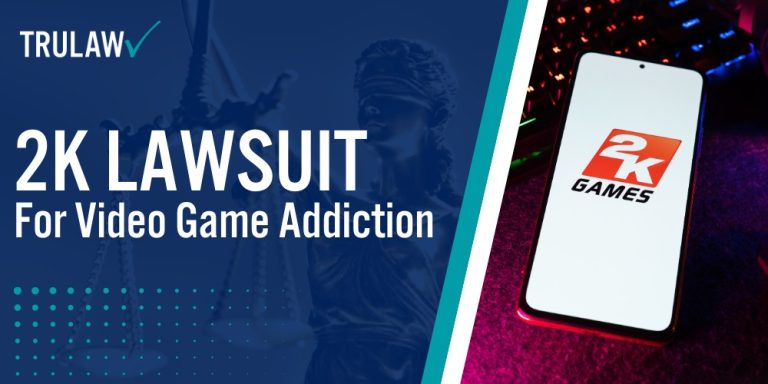Plaintiffs claim that specific design elements and game mechanics are intentionally designed to foster dependency and excessive spending among players.
These features operate within the gaming environment through virtual currency systems, randomized reward structures, and psychological engagement tactics.
Legal experts argue these practices by game publishers represent predatory monetization that departs from standard entertainment models.
Research indicates that loot boxes are associated with problematic gambling behaviors and are potentially harmful, particularly for vulnerable populations including minors.
The randomized reward structures in games like NBA 2K share characteristics with gambling mechanics, leading researchers to examine parallels with recognized addictive disorders.
NIH research on gambling disorder and behavioral addictions demonstrates that non-substance behaviors like gambling exhibit similar patterns to substance addictions in brain imaging, genetic factors, and treatment responses.
Virtual Currency Systems and Microtransactions
The Virtual Currency (VC) system in NBA 2K requires real money purchases for player upgrades and progression in popular game modes.
Players must buy virtual currency to improve their characters’ abilities, purchase cosmetic items, and remain competitive in online play.
Key pricing issues identified in these lawsuits are as follows:
- Misaligned bundle amounts forcing players to purchase more VC than needed for specific items
- Inability to transfer virtual currency between game editions, requiring fresh purchases annually
- Server shutdown consequences that eliminate all purchased VC when games reach end-of-life status
- Escalating costs for meaningful progression as players advance through game modes
VC losses happen when servers are deactivated approximately two years after each game’s release.
NBA 2K24’s server sunset on December 31, 2025 will eliminate access to multiplayer games, MyCAREER, and MyTEAM modes, leaving most players unable to earn or spend Virtual Currency.
Players who invested real money in VC find their purchases rendered worthless, which plaintiffs characterize as stealing.
NBA 2K23 servers were previously discontinued, following the established pattern of planned obsolescence that forms the basis of civil theft allegations in pending lawsuits.
Psychological Engagement Tactics
Game developers employ behavioral design principles that encourage extended play sessions and repeated spending.
These tactics draw from psychological research on reward systems and habit formation to maintain player engagement.
Legal filings cite these engagement tactics:
- Daily login rewards that incentivize players to continue playing to avoid missing limited-time bonuses
- Seasonal content releases creating urgency through time-limited availability
- Social comparison features displaying other users’ progress and purchased items
- Progressive difficulty scaling that encourages VC purchases to maintain competitive performance
The WHO recognizes gaming disorder as a pattern of persistent or recurrent gaming behavior characterized by impaired control over gaming, increasing priority given to gaming, and continuation despite negative consequences.
The American Psychiatric Association included Internet Gaming Disorder in DSM-5 as a condition requiring further study, outlining nine diagnostic criteria including preoccupation, withdrawal symptoms, tolerance, and continued use despite problems – criteria that mirror those for substance use disorders.
Research published in PMC journals demonstrates that loot box spending correlates with problem gambling severity, supporting claims that these mechanics exploit psychological vulnerabilities to generate revenue from susceptible players.
If you or a loved one has developed addictive gaming behaviors linked to 2K Games products, you may be eligible to seek compensation.
Contact TruLaw using the chat on this page to receive an instant case evaluation and determine whether you qualify to file a video game addiction lawsuit today.



